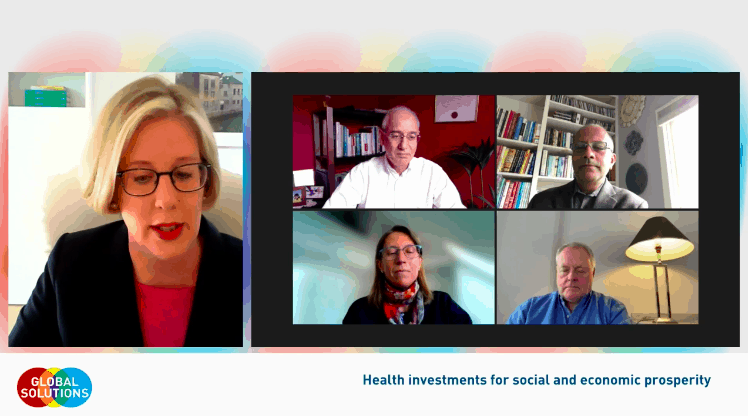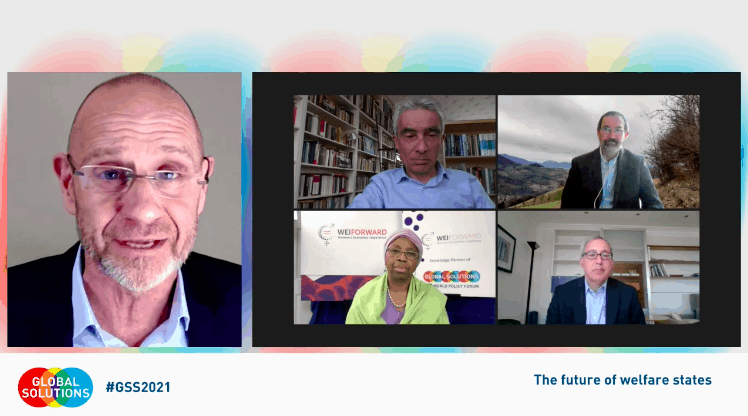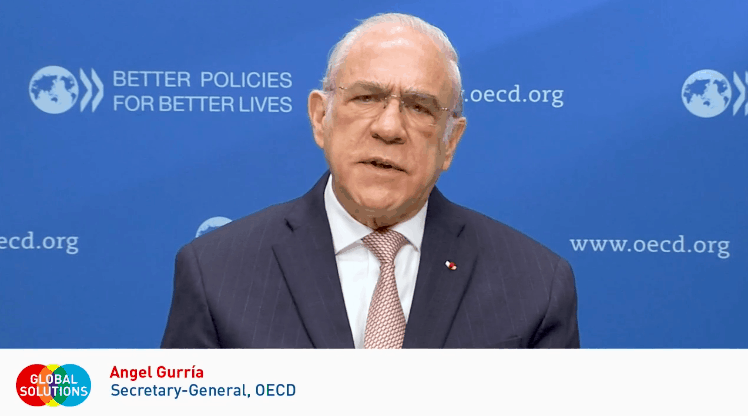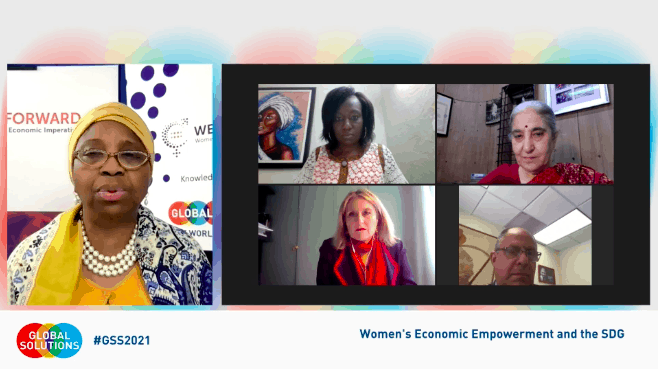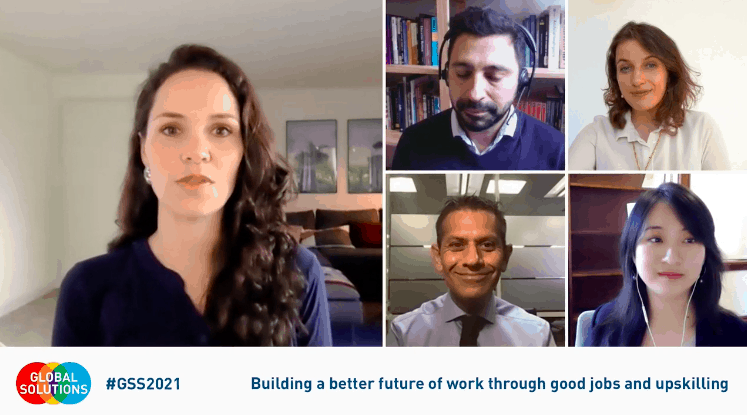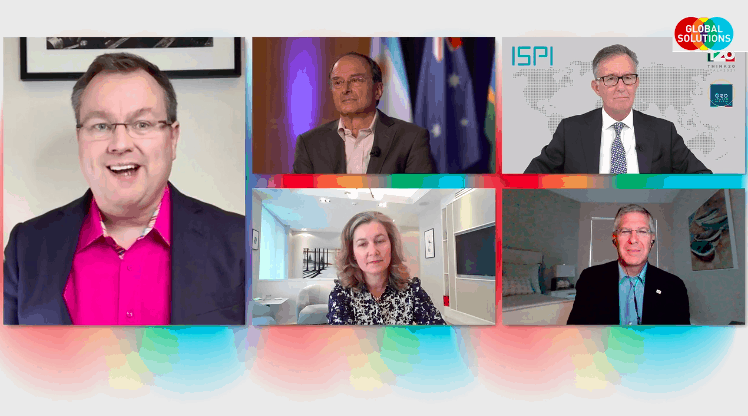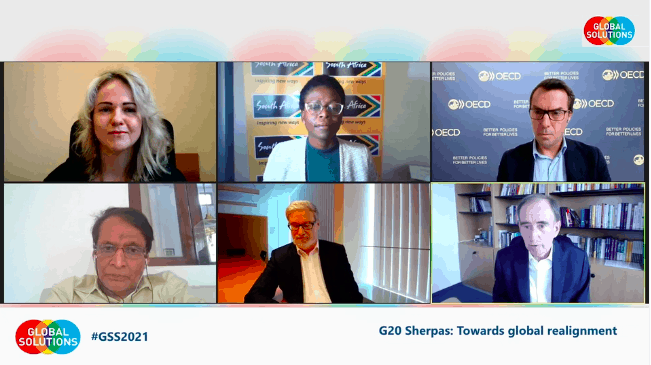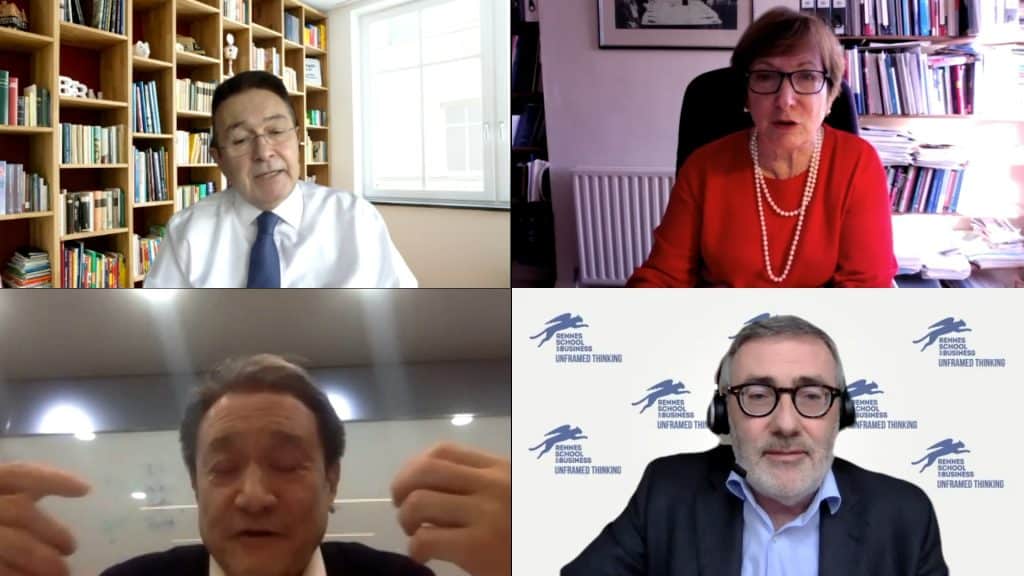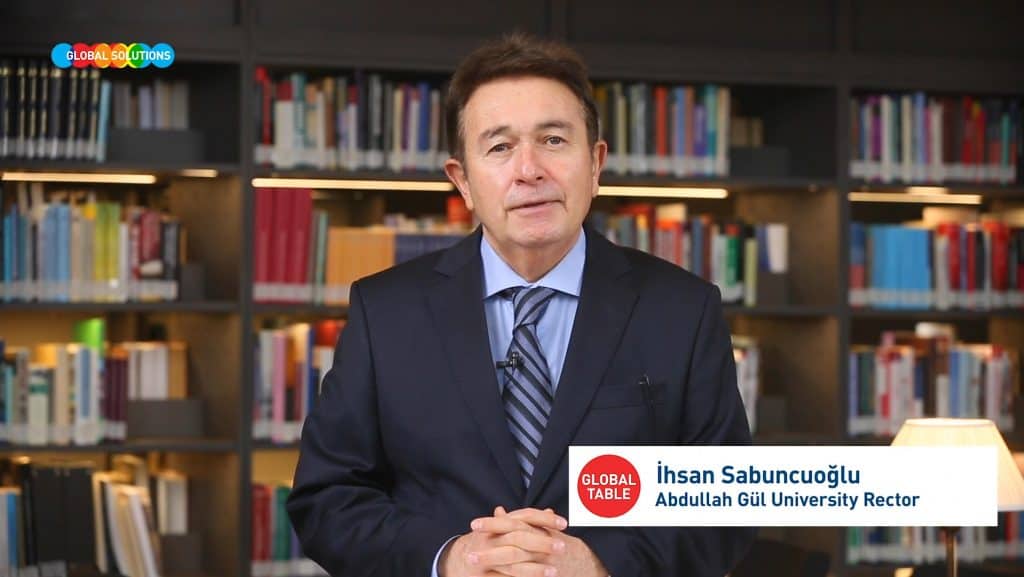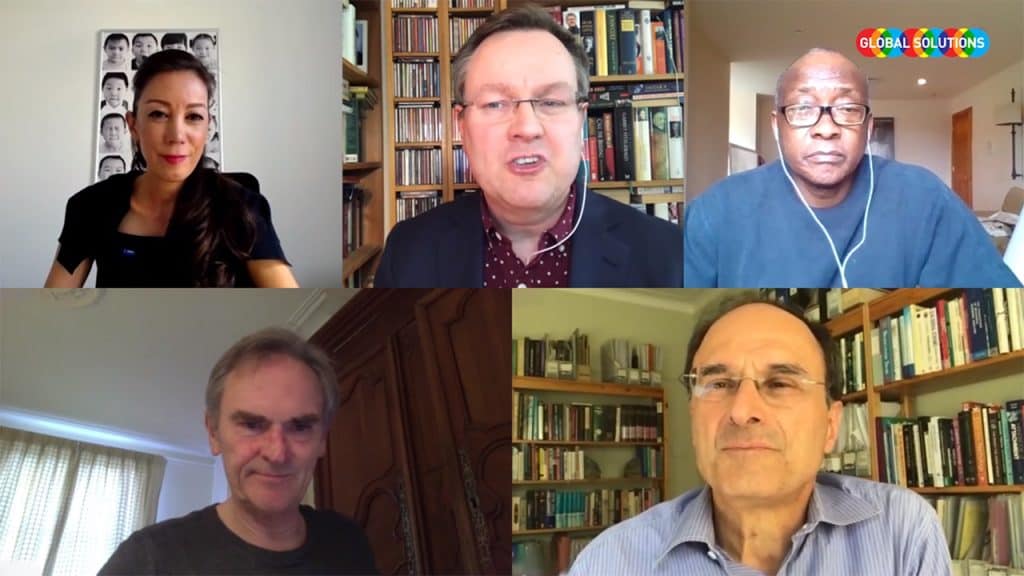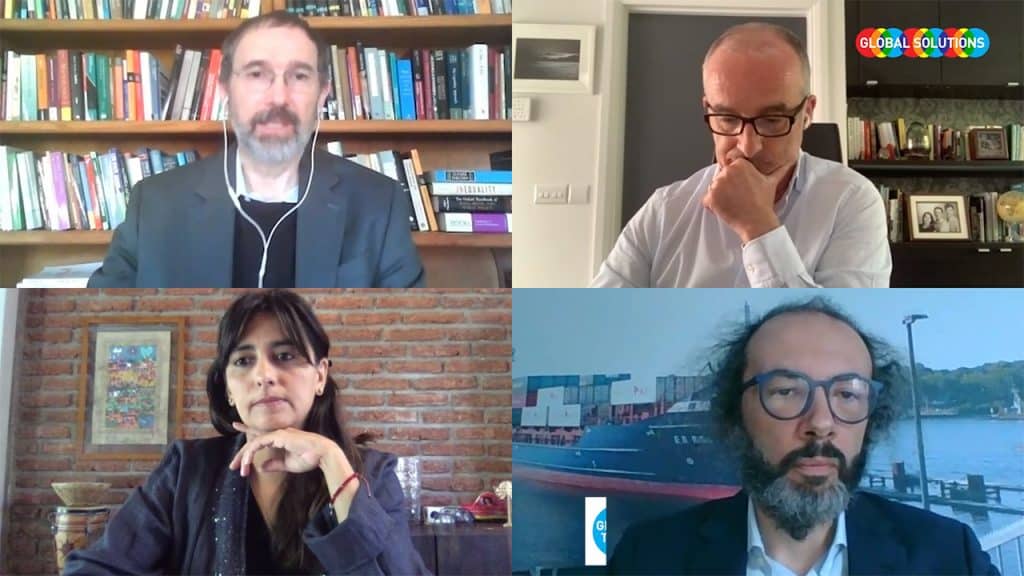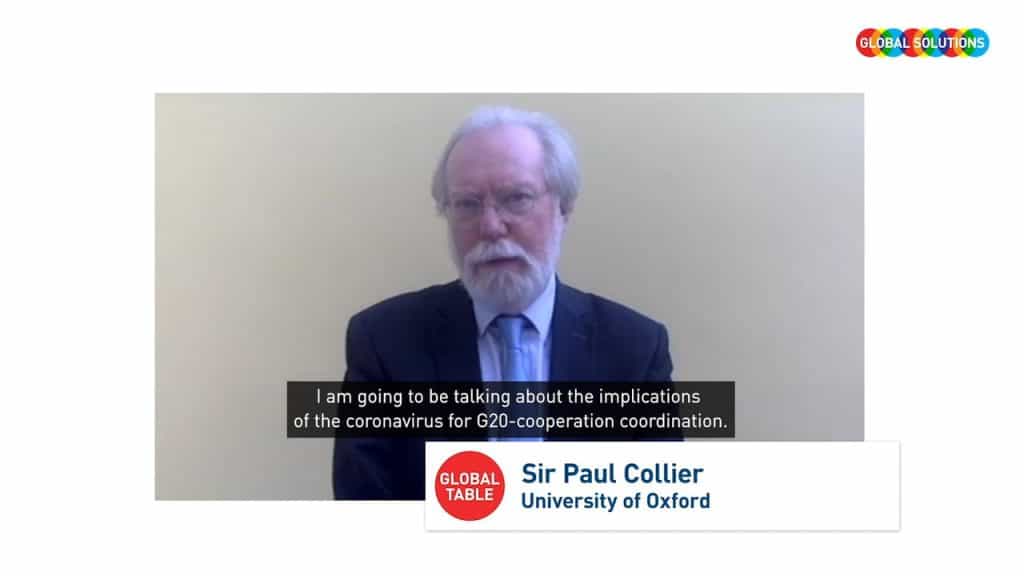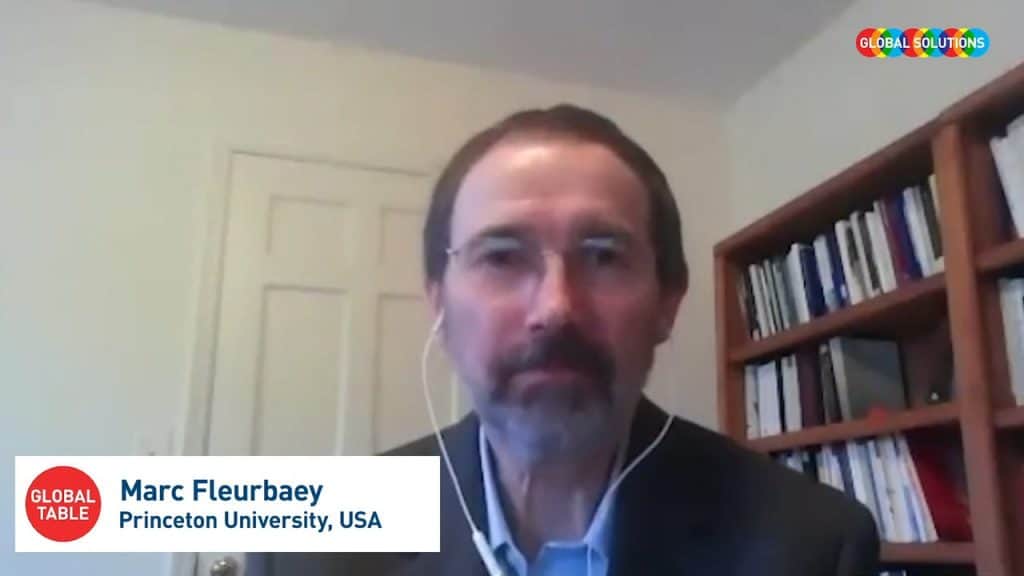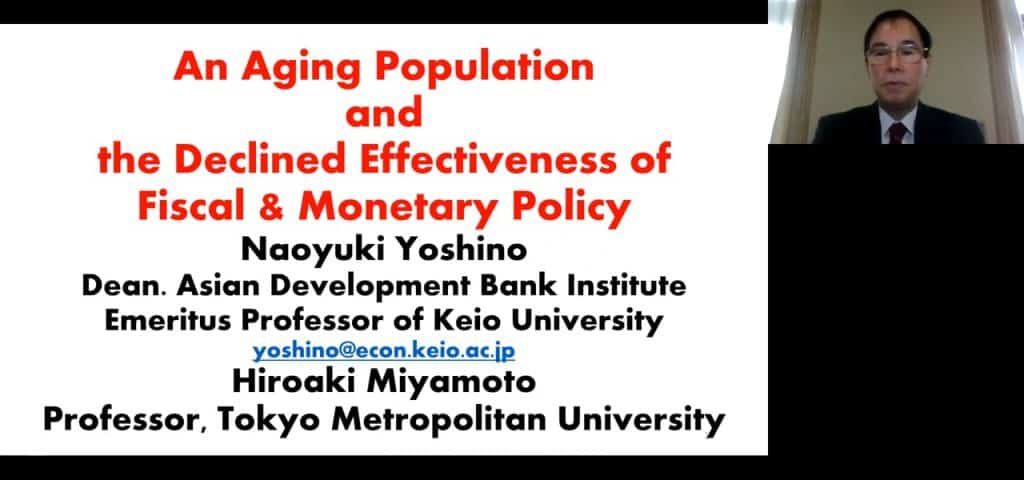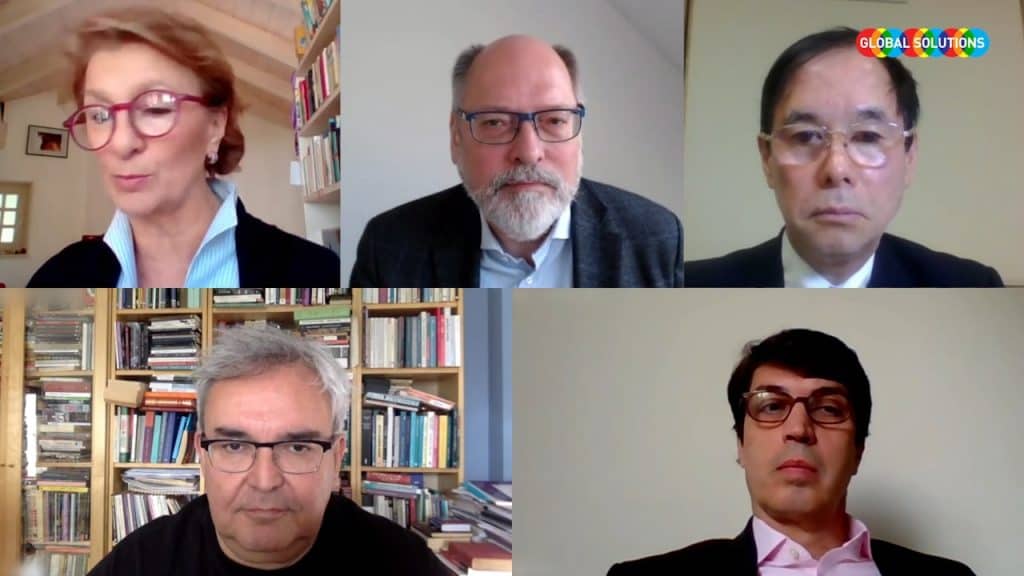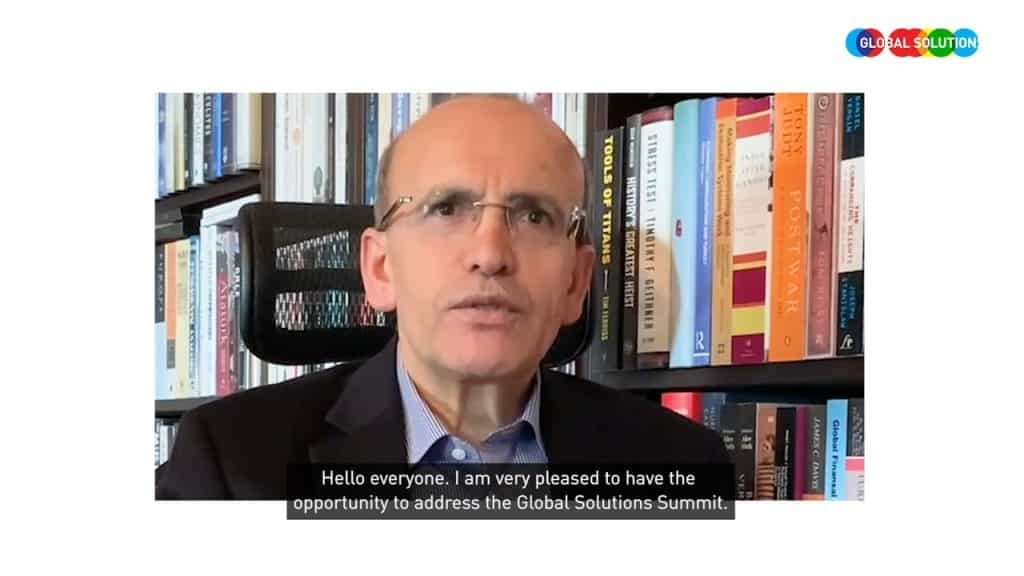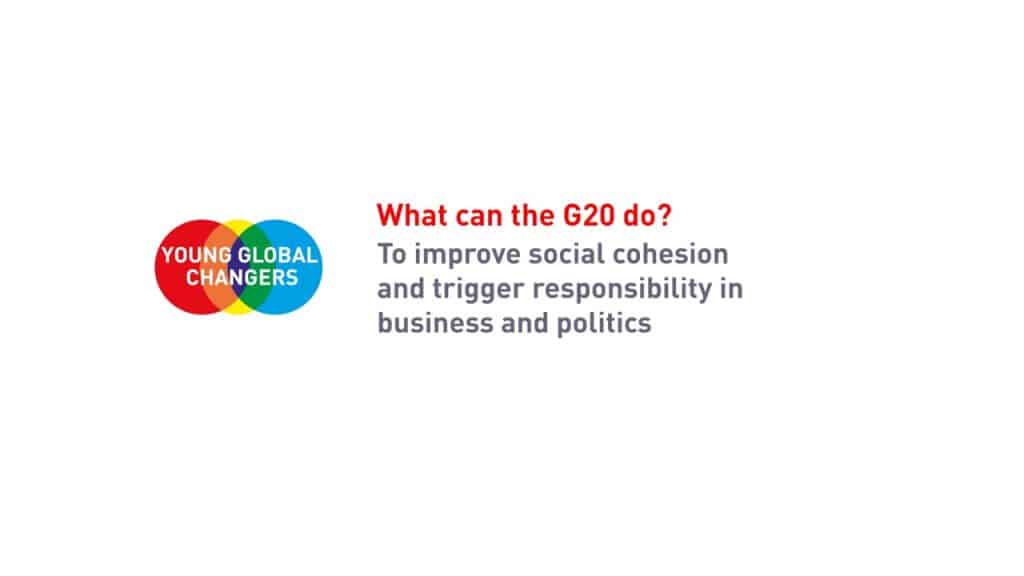Policy Briefs
Scaling Up Women’s Empowerment During the Pandemic and Beyond: Lessons From Indonesia’s ‘Kartu Prakerja’ Programme Bambang Brodjonegoro - University of Indonesia, Romora Edward Sitorus - Program Management Office of Kartu Prakerja, The Coordinating Ministry for Economic Affairs of the Republic of Indonesia, and Advocacy, Amirah Jinan Dhia - Project Management Office of
Kartu Prakerja Coordinating Ministry for Economic Affairs of the Republic
of Indonesia, Daniera Nanda Ariefti - Project Management Office of
Kartu Prakerja Coordinating Ministry for Economic Affairs of the Republic
of Indonesia, Rizki Fajar Pangestu - Project Management Office of
Kartu Prakerja Coordinating Ministry for Economic Affairs of the Republic
of Indonesia, Alfiansyah Achmad - Project Management Office of Kartu
Prakerja Coordinating Ministry for Economic Affairs of the Republic of
Indonesia
Food and Nutrition Security in the Global South: Policies, Technologies and Institutions V. Ratna Reddy - Livelihoods and Natural Resource Management
Institute, Bhagirath Behera - Department of Humanities and Social Sciences, Pritha Datta - Asian Development Bank Institute, Jagadish Timsina - Global Evergreeing Alliance, Dil Bahadur Rahut - Asian Development Bank Institute, Jeetendra Prakash Aryal - International Center for Biosaline
Agriculture (ICBA)
Achieving Just Green Economic Transitions by Improving Gender Equality Simon Anderson - International Institute for
Environment and Development, May Thazin Aung - International
Institute for Environment and Development, Anna Carthy - International Institute for Environment
and Development, Tracy Kajumba - International Institute for
Environment and Development, Birte Rau - Deutsche Gesellschaft für Internationale
Zusammenarbeit (GIZ), Jana Schulte Hürmann - Deutsche Gesellschaft für
Internationale Zusammenarbeit GIZ
Improving Access to Safely Managed Drinking Water Services: Recommendations for G20 Emerging Economies Nitin Bassi - Council on Energy, Teuku Riefky - University of Indonesia (LPEM FEB UI), Yusuf Kabir - Sanitation, Anik Bhaduri - Sustainable Water Future Programme-Future Earth, Guido Schmidt - Fresh Thoughts
Consulting GmbH, Ekansha Khanduja - Council on Energy, Prayank Jain - CEEW, Upasana Negi - Council on Energy, Syahda Sabrina - Institute for Economic and Social Research, Faculty of Economics and Business, University of Indonesia, Fauziah Zen - ERIA, Riatu Mariatul Qibthiyyah - Institute for Economic and Social research, Faculty of Economics and Business, University of Indonesia (LPEM-UI), Bambang Brodjonegoro - University of Indonesia, Ratna Widianingrum - Indonesia Infrastructure Guarantee Fund, Meike Kencanawulan Martawidjaja - Ministry
of Public Works and Housing
Handicrafts and the creative industry 4.0 Marisa Henderson - Creative Economy Program, United Nations Conference on Trade and Development (UNCTAD), Hubert Escaith - The World Trade Organization, Switzerland
Intersecting Vol.11 Ramiro Albrieu - CIPPEC, Nicolas J.A. Buchoud - Global Solutions Initiative, Michael Cohen - Milano School of Policy, Management, and Environment, Rainer Kern - Enjoy Jazz Festival, Shuva Raha - Council on Energy, Environment and Water (CEEW)
The Global South Growing out of Poverty, Inequality, and Exclusiveness—What the G7 Needs to Do Adeel Kadri - Manzil Pakistan, Akua Peprah-Yeboah - Kwame Nkrumah University of Science and Technology, Asep Suryahadi - SMERU Research Institute, Daniel Suryadarma - Asian Development Bank Institute, Eun Young Oh - University of Portsmouth, Kakuru Medard - Economic Policy Research Centre, Matondang Elsa Siburian - Ministry of Finance, Indonesia, Megan O’Donnell - Center for Global Development, Shadrack Mubanga Chisenga - Centre for Sustainable Development Solutions, P. Uday Shankar - PSG Institute of Management, Sudarno Sumarto - SMERU Research Institute
Universal Protections Henrietta Moore - University College London, Andrew Percy - Institute for Global Prosperity, UCL, Rayhaan Lorgat - Institute for Global Prosperity, Katrina Moseley - Institute for Global Prosperity
Universal Contributions Henrietta Moore - University College London, Andrew Percy - Institute for Global Prosperity, UCL, Rayhaan Lorgat - Institute for Global Prosperity, Katrina Moseley - Institute for Global Prosperity
Prosperity Index Henrietta Moore - University College London, Fabio Battaglia - Institute for Global Prosperity, Rayhaan Lorgat - Institute for Global Prosperity, Katrina Moseley - Institute for Global Prosperity
Digital Utilities for Scientific Research Towards an Equitable World Mei Lin Fung - People Centered Internet, Declan Kirrane - Global Science Collaboration Conference, Peter Taylor, Kurt Zatloukal - Medical University of Graz, Tamara Singh - People Centered Internet, Gora Datta - FHL7 University of California, Berkeley, Andrew Seely - MindPoint Group
Toward a Global Universal Basic Income for Children Merike Blofield - German Institute for Global and Area Studies, Jorge Cuartas - Harvard Graduate School of Education, Fernando Filgueira - CIPPEC Argentina , Juliana Martínez Franzoni - University of Costa Rica, Diego Sánchez-Ancochea - Oxford Department of International Development
Ending Vaccine Inequity and Injustice Githinji Gitahi - Amref Health Africa, María del Rocío Sáenz Madrigal - University of Costa Rica, K. Srinath Reddy - Public Health Foundation of India (PHFI)
A Closer Look At G20’s Future Of Work In The Digital Era Esy Gracia - Resilience Development Initiative, Rickdy Vanduwin Sitanggang - Resilience Development Initiative, Nawang Anandhini - Resilience Development Initiative, Akino Tahir - Resilience Development Initiative, Ayu Krishna Yuliawati - Universitas Pendidikan Indonesia
Education For Survival: Strengthening Multi-Sectoral And Integrated Policy Approaches To Early Childhood Education, Care, And Development As A Global Common Good Mathias Urban - Dublin City University, Early Childhood Research Centre, Jennifer Guevar - CIPPEC, Alejandro Acosta - Fundación Centro Internacional de Educación y Desarrollo Humano (CINDE), Antioquia (Colombia), P K Anand - Research and Information Systems for Developing Countries, New Delhi (India), Emily Vargas-Barón, Claudia Costin - Center for Innovation and Excellence in Education Policies, Lynette Okengo - AfECN, African Early Childhood Network, Mercedes Mayol Lassalle - Organisation Mondiale pour l’Education Prescolaire (OMEP), Yulida Pangastuti - Universitas Gadjah Mada / Tulodo Indonesia/ JADI ANAK (Indonesia), Vina Adrijani - South East Asian Ministers of Education Organization / Regional Centre for Early Childhood Care, Education and Parenting (SEAMEO CECCEP), Indonesia
Education Recovery for Stronger Collective Futures Prachi Srivastava - University of Western Ontario, Alejandra Cardini - CIPPEC, Iván Matovich - Center for the Implementation of Public Policies Promoting Equity and Growth
(CIPPEC), Kiran Bhatty - Centre for Policy Research, New Delhi (India), Amélie A. Gagnon - UNESCO-IIEP, Robert Jenkins - UNICEF, Karen Mundy - IIEP-UNESCO, Nicolas Reuge - UNICEF, Thalia Séguin - IIEP-UNESCO (UNESCO International Institute for Educational Planning), Paris (France)
Moving Beyond GDP: A Stock-Flow Approach To Measuring Wellbeing For The G20 Zakaria Zoundi - International Institute for Sustainable Development (IISD), Dennis J. Snower - Global Solutions Initiative Foundation, Katharina Lima de Miranda - Kiel Insitute for the World Economy, Livia Bizikova - International Institute for Sustainable Development (IISD), Robert Smith - International Institute for Sustainable Development
Population Ageing And The Second Demographic Dividend: New Policy Challenges In The New Era Harry Seldadyo - Institute of Public Policy, School of Economics and Business, Atma Jaya Catholic University of Indonesia, Soegianto Ali - School of Medicine and Health Science, Atma Jaya Catholic University of Indonesia, Yuda Turana - School of Medicine and Health Science, Atma Jaya Catholic University of Indonesia, Nova Eka Budiyanta - School of Engineering, Atma Jaya Catholic University of Indonesia, Eunike Sri Tyas Suci - School of Psychology, Atma Jaya Catholic University of Indonesia, Putri Purbasari Raharningtyas Marditia - School of Law, Atma Jaya Catholic University of Indonesia
Economic Empowerment of Rural Women Boris Branisa, Carolyn Currie, Graciela Hijar, Helen Walbey, Lynne Cadenhead, Margo Thomas - Women’s Economic Imperative, Mariela Magnelli, Melissa Williams, Narnia Bohler-Muller, Sandhya S. Iyer
Financial Inclusion for Women: A Way Forward Carolina Robino, Carolina Trivelli, Carolina Villanueva, Florencia Caro Sachetti - Centro de Implementación de Políticas
Públicas para la Equidad y el Crecimiento, (CIPPEC), Helen Walbey, Luz Martinez, Marcela Marincioni
Exploiting Behavioural Insights to Foster Global Cooperation Gianluca Grimalda - Kiel Institute for the World Economy, Andreas Friedl, Dennis J. Snower - Global Solutions Initiative Foundation, Katharina Lima de Miranda - Kiel Insitute for the World Economy, Patrick Ring, Simon Bartke, Steven Bosworth
Financial Inclusion: The importance of financial literacy and the promotion of better labour market outcomes for women and youth Benedetta Landi - EmpowerYourLife Think Tank of the Global Thinking Foundation, Milan (Italy), Njuguna Ndung’u - African Economic Research Consortium (AERC), Nairobi (Kenya), Dianah Ngui Muchai - African Economic Research Consortium (AERC), Nairobi (Kenya), Wilson S. K. Wasike - African Economic Research Consortium (AERC), Nairobi (Kenya), Winnie Sambu - African Economic Research Consortium (AERC), Nairobi (Kenya), Claudia Segre - EmpowerYourLife Think Tank of the Global Thinking Foundation, Milan (Italy), Abebe Shimeles - African Economic Research Consortium (AERC)
Beyond Covid-19: What can countries do to address the learning loss caused by the pandemic? Rafael Carrasco - SUMMA, David Dingus - Sheikh Saud Bin Saqr Al Qasimi Foundation for Policy Research, Marvin Erfurth - Sheikh Saud bin Saqr Al Qasimi Foundation for Policy Research, Ras Al Khaimah (United Arab Emirates), Mauricio Farías - SUMMA, Devyani Pershad - Pratham Education Foundation, New Delhi (India), Natasha Ridge - Sheikh Saud Bin Saqr Al Qasimi Foundation for Policy Research, Ivana Zacarias - SUMMA
Towards humanistic metrics of success for G20 economies Romina Boarini - OECD, Michael Green - Social Progress Imperative, Franklin Murillo, Katharina Lima de Miranda - Kiel Insitute for the World Economy, Dennis J. Snower - Global Solutions Initiative Foundation, Victor Santiago Pineda - World ENABLED, Berkeley CA (USA), Helen Verdeli - Columbia University, New York (USA), Sandra Willis - Columbia University, New York (USA)
Rebuilding education systems for recovery – A crisis-sensitive and equity focused approach Prachi Srivastava - University of Western Ontario, Alejandra Cardini - CIPPEC, Sonja Anderson - INEE, Kiran Bhatty - Centre for Policy Research, New Delhi (India), Amélie A. Gagnon - UNESCO-IIEP, Robert Jenkins - UNICEF, Iván Matovich - Center for the Implementation of Public Policies Promoting Equity and Growth
(CIPPEC), Kate Moriarty - INEE, Nicolas Reuge - UNICEF, Thalia Séguin - IIEP-UNESCO (UNESCO International Institute for Educational Planning), Paris (France)
How do we know goals are achieved? Mathias Urban - Dublin City University, Early Childhood Research Centre, Alejandro Acosta - Fundación Centro Internacional de Educación y Desarrollo Humano (CINDE), Antioquia (Colombia), P K Anand - Research and Information Systems for Developing Countries, New Delhi (India), Alejandra Cardini - CIPPEC, Claudia Costin - Center for Innovation and Excellence in Education Policies, Rita Flórez-Romero - Universidad Nacional de Colombia, Bogotá, Jennifer Guevara - Dublin City University, Early Childhood Research Centre, Dwi Priyono - South East Asian Ministers of Education Organization / Regional Centre for Early
Childhood Care, Education and Parenting (SEAMEO CECCEP), Lynette Okengo - AfECN, African Early Childhood Network, Emily Vargas-Barón
Women in global care chains: The need to tackle intersecting inequalities in G20 countries Florencia Caro Sachetti - Centro de Implementación de Políticas
Públicas para la Equidad y el Crecimiento, (CIPPEC), Peter Abrahamson - University of Copenhagen, Marija Babovic - University of Belgrade, Asma Bahurmoz - King Abdulaziz University, Alejandro Biondi - CIPPEC, Amm Quamruzzaman - University of California Berkeley, Margo Thomas - Women’s Economic Imperative
Upscaling community-based early childhood programmes to counter inequality and foster social cohesion during global uncertainty Mathias Urban - Dublin City University, Early Childhood Research Centre, Alejandra Cardini - CIPPEC, Muhammad Khurram Khan - Center of Excellence in Information Assurance (CoEIA) King Saud University, Kingdom of Saudi Arabia, Rita Flórez Romero - Universidad Nacional de Colombia, Grupo de Investigación Cognición y Lenguaje en la Infancia, Jennifer Guevara - Dublin City University, Early Childhood Research Centre, Lynette Okengo - AfECN, African Early Childhood Network, Dwi Priyono - South East Asian Ministers of Education Organization / Regional Centre for Early
Childhood Care, Education and Parenting (SEAMEO CECCEP)
Fiscal sustainability and social cohesion in the face of demographic change Chul Ju Kim - Asian Development Bank Institute (ADBI), Pitchaya Sirivunnabood - Asian Development Bank Institute (ADBI), Yong Jun Baek - Asian Development Bank Institute (ADBI), Karen Young - American Enterprise Institute, Cian Mulligan - King Abdullah Petroleum Studies and Research Center (KAPSARC), Sara Lechtenberg-Kasten - King Abdullah Petroleum Studies and Research Center (KAPSARC)


